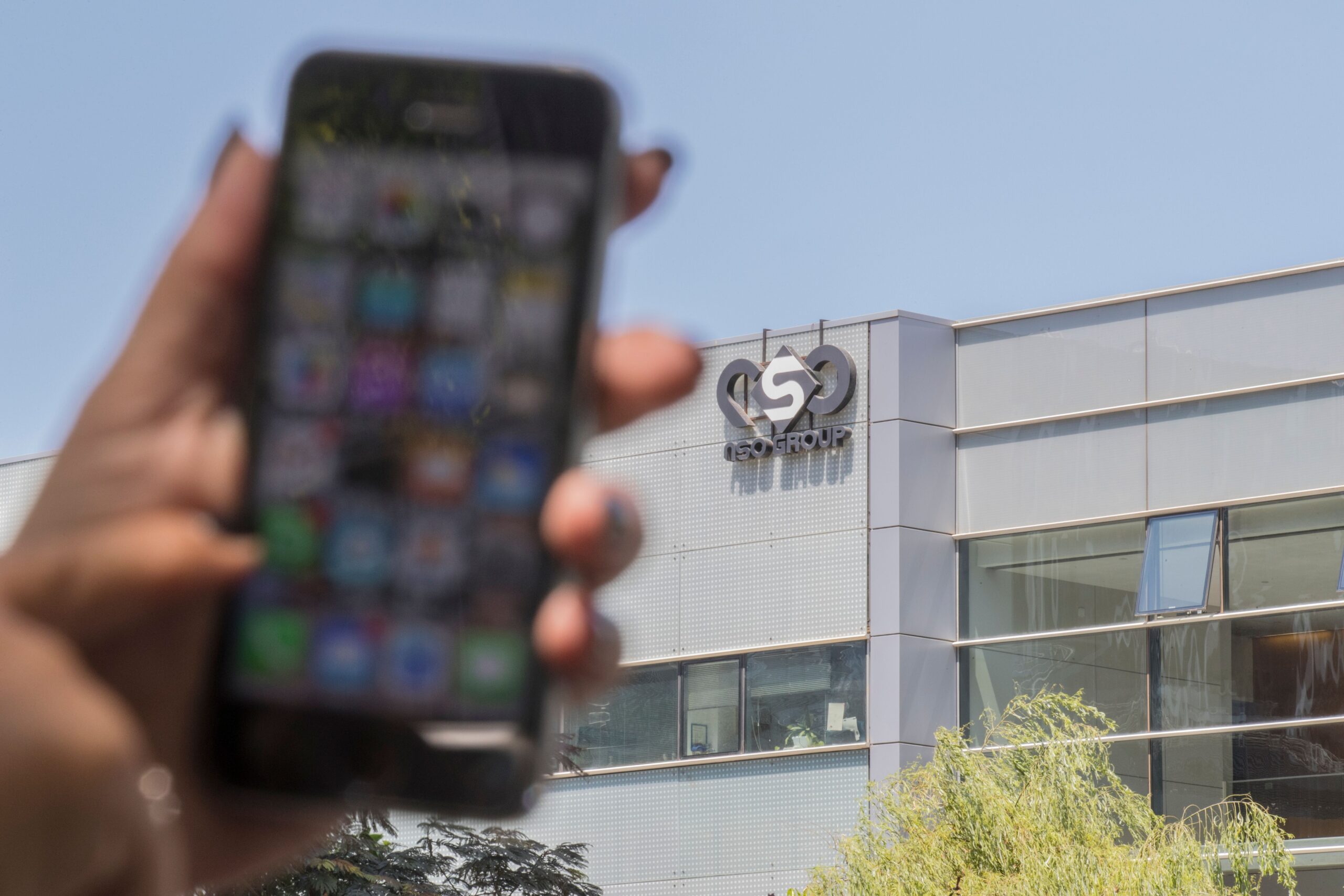Israeli Spyware Reportedly Used to Spy On Journalists From CNN, NY Times, Wall St. Journal and More

Photo by JACK GUEZ/AFP via Getty Images.
Israeli spyware was used to spy on journalists and other influencers worldwide, according to a Washington Post story published on Sunday.
The Post, along with 15 other media organizations, investigated that “37 smartphones belonging to journalists, human rights activists, business executives and two women close to murdered Saudi journalist Jamal Khashoggi” were on a list, which dates to 2016, “of more than 50,000 numbers that are concentrated in countries known to engage in surveillance of their citizens and also known to have been clients of the Israeli firm, NSO Group, a worldwide leader in the growing and largely unregulated private spyware industry.”
The journalism consortium was called the “Pegasus Project,” named for NSO Group’s spyware of the same name. NSO Group has claimed that its product is meant for governments to track down criminals and terrorists.
Khashoggi, a Saudi dissident and Post columnist, was killed in the Saudi embassy in Turkey in 2018. U.S. intelligence deemed that Saudi Crown Prince Mohammed bin Salman was behind Khashoggi’s death.
The phone of Khashoggi’s fiancé was infected with the Pegasus spyware days after the murder, according to the Post, citing a forensic investigation by Amnesty International’s Security Lab that was given to the consortium, which was organized by and received the list from Paris-based journalism nonprofit Forbidden Stories. The news organizations conducted additional research and analysis.
Although “the list does not identify who put the numbers on it, or why, and it is unknown how many of the phones were targeted or surveilled … forensic analysis of the 37 smartphones shows that many display a tight correlation between time stamps associated with a number on the list and the initiation of surveillance, in some cases as brief as a few seconds,” according to the Post report.
Although the “numbers on the list are unattributed … reporters were able to identify more than 1,000 people spanning more than 50 countries through research and interviews on four continents,” 189 of whom were journalists, according to the Post. Some of those reporters work for Voice of America, CNN, the New York Times, Bloomberg News, the Associated Press, the Wall Street Journal and other prominent outlets.
NSO Group repeatedly denied the claims made in the report.
According to the Post, “several reporters in the consortium learned that they or their family members had been successfully attacked with Pegasus spyware” after the investigation started.
In addition to journalists from the Post and Forbidden Stories, the consortium included more than 80 journalists from, but not limited to, PBS Frontline, Israeli-based outlet Haartez, France-based newspaper Le Monde, Radio France, Germany-based outlets Süddeutsche Zeitung and Die Zeit, the Guardian, Arabic outlet Daraj, Hungary-based nonprofit investigative group Direkt36 and Belgian-based newspaper Le Soir.
New: The Mediaite One-Sheet "Newsletter of Newsletters"
Your daily summary and analysis of what the many, many media newsletters are saying and reporting. Subscribe now!






Comments
↓ Scroll down for comments ↓